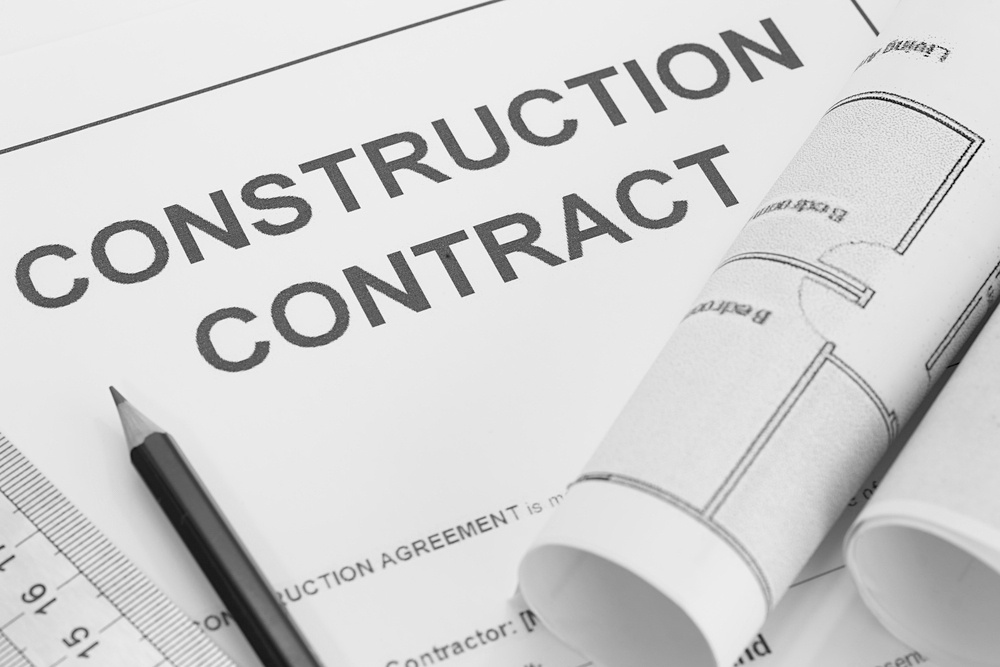


The construction industry has its fair share of legal terms, especially when it comes to contracts. Some important ones to understand are those associated with monetary damages. Monetary damages are a sum of money paid as compensation to an injured party by the party at fault or liable for the injury.
While liquidated damages and consequential damages are two of the most common issues negotiated in construction contracts, they are most often misunderstood. Let’s take a closer look at them.
Liquidated damages are an amount of money that contracting parties agree to as the amount of damages an Owner can recover if the Contractor breaches the contract. They are typically expressed as a dollar value per day (e.g. $100.00/day). LD’s must bear some relevance to the actual damages an Owner may suffer as a result of the Contractor’s breach.
LD’s also allow Owners to protect themselves against delays in the project which may cause the completion of the project to extend beyond the agreed upon contract completion date. They are a guaranteed financial protection to the Owner.
Consequential damages occur when the Contractor breaches a contract and is liable for all foreseeable losses incurred by the Owner. They go beyond the express terms and conditions of the contract itself and into the actions that flow from the breach. Some examples include any profits, rents, financing costs, or business opportunities that are lost.
CD’s do not include any unforeseeable losses. Some examples may include unforeseen or differing site conditions that are not discoverable by reasonable inspection. However, it is important to keep in mind that there are times where the Contractor may need “actual knowledge” communicated by the Owner of a foreseeable loss, such as potential lost profits and financing costs.
It is extremely important to know to what extent you may be liable for these damages when all contracts are reviewed. Your company’s future could be at stake. If you want to find out more about what these damages could mean to your business, call us at 201-267-7500. You can also visit TSIB's Claims Services page for additional insights.
image credit: Sakarin Sawasdinaka/shutterstock.com
Comments